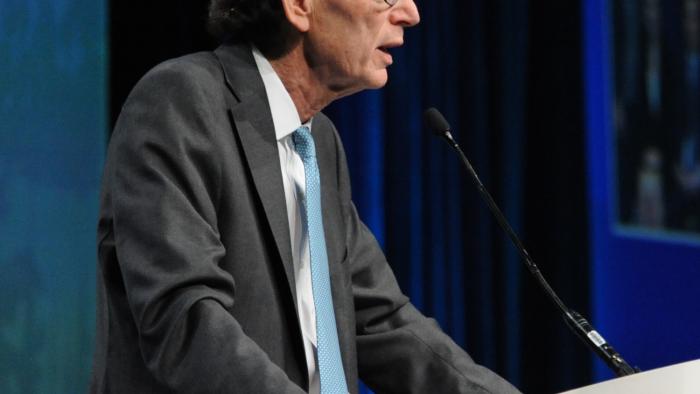In his Presidential Address at the 2014 STS Annual Meeting in Orlando, Florida, Douglas E. Wood, MD challenged his colleagues in the male-dominated profession to welcome in more women and transition away from a masculine, autocratic leadership style.
